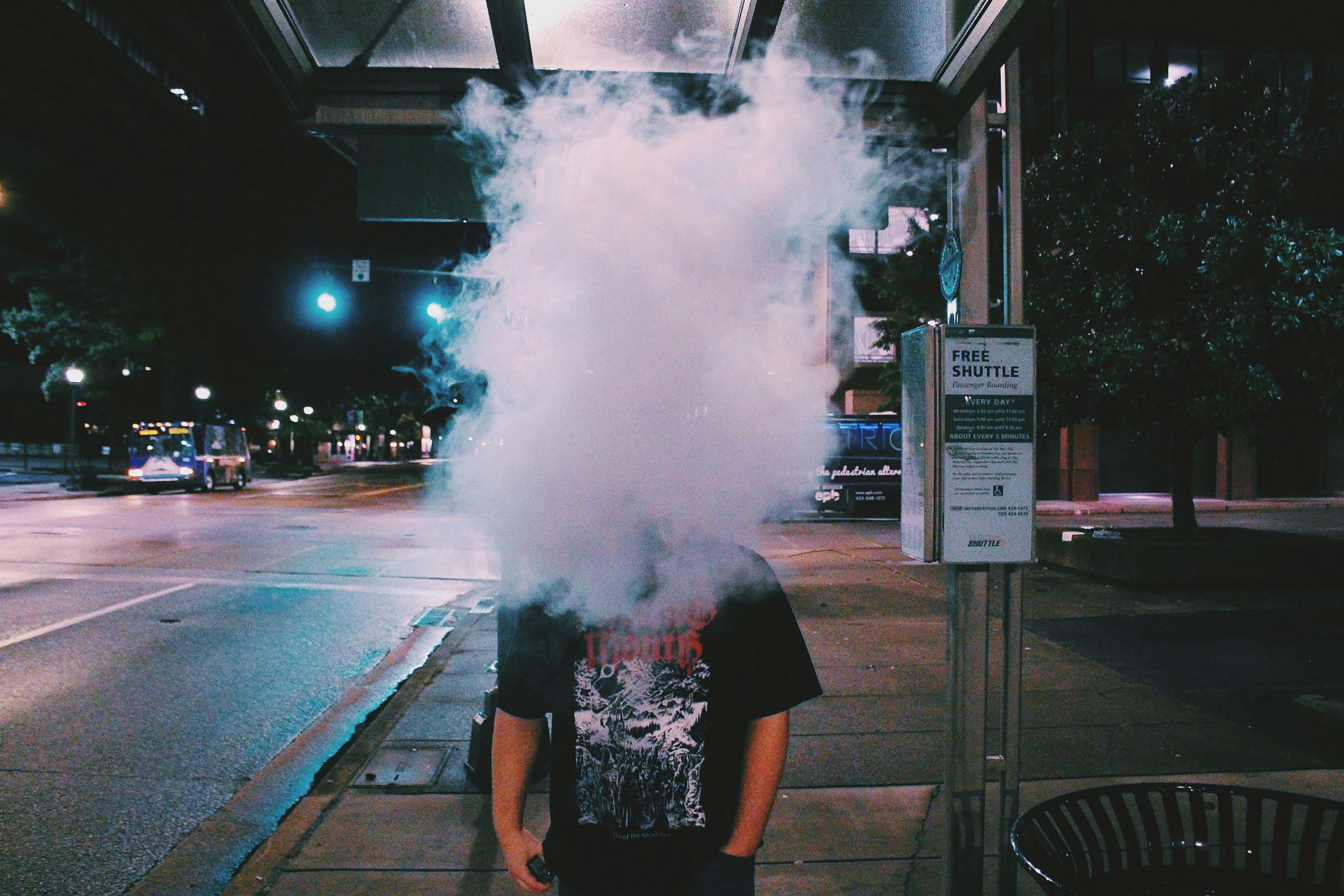If you grew up with an alcoholic father, you know what it felt like to be disappointed by the person who is supposed to be your caretaker. To have anger and frustration towards someone you love. For chaos to have been your everyday normal. As you got older, you knew better than to expect your dad to pick you up from school or introduce your friends to him while he was drunk. You made excuses for his erratic behavior. You learned to avoid him when he was in one of his moods and got used to him disappearing for days, or weeks at a time. You felt mad, confused, and sad, but mostly you felt helpless because you desperately wanted what everyone else seems to have—a normal, loving family.
Approximately 25 percent of children under the age of 18 live with at least one alcoholic parent. Those with alcoholic fathers are less likely to develop skills to refrain from alcohol abuse. And watching your father struggle with alcohol doesn’t get any easier as you get older. But not confronting your father’s addiction can take a tremendous toll on your relationship with him, leaving a lasting impact for many years to come.
How to Help Yourself
As you’ve experienced first-hand, addiction is a disease that doesn’t just affect the person drinking or using. Your father’s battle against alcohol probably feels like it’s partly your battle too, and you don’t need to fight it on your own. Asking for help is the best thing you can do to support yourself.
Whether it’s through family therapy or a support group for adult children of alcoholics, addressing your fears and anxieties within a circle of those experiencing similar situations will offer clarity and community. Learn self-care techniques for managing stress such as gratitude journaling or physical activity. And if need be, seek out individual therapy to discuss your dad’s addiction with a mental health professional. Surrounding yourself with support can also help you understand that you are not alone in your experiences and give you hope for a more stable future.
How Do I Help My Alcoholic Father?
You can’t cure your dad’s alcoholism, but you can support and guide him toward a life of recovery. Learning how to help a parent with alcoholism takes patience, love, and a lot of encouragement. Here is how you and your family can begin healing.
Communicate Your Concerns
There is no better time than now. You have the chance to be open and honest with your father about his addiction. And while it will be a difficult conversation—or a series of difficult conversations—it could be what makes him finally get the help he needs.
You may fear that he will tell you that it’s none of your business. That you’re the child and he’s the parent and knows better. Maybe he’ll deny having alcohol dependency and assure you that everything is under control, but don’t give in. The conversation may become uncomfortable fast, but your dad needs to hear you say that he has a problem. He needs to confront how his drinking has affected your life and your relationship with him.
Using direct and clear communication, especially while utilizing “I” statements, will show that you are speaking from a place of concern. Instead of making the situation “me vs. you” with accusatory language, phrase your thoughts as your own. Instead of saying, “You didn’t get me anything for my birthday because you spent all your money at the bar,” attribute the issue to how it made you feel: “Dad, I felt forgotten and disappointed when you didn’t get me a gift or a card today.”
Do Not Deny It
When you hide the truth from others, you are masking the problem instead of fixing it. Whether it be from shame, anger, or discomfort, it is often difficult to work through the stigma surrounding addiction. Admitting that someone so close to you is so heavily affected can be intimidating, but it is a pertinent step.
However, it is important that you do not hide your parent’s addiction from other family members who could also potentially help him. While it will be difficult to admit that your father had to miss an important family function because of his drinking, this will hold him accountable and let other family members truly understand what is going on. Not only will they be there to support you, but they may be able to help your dad realize just how much his addiction is impacting others.
Set Firm Boundaries
When your father is struggling with alcoholism, it can be easy to excuse bad behavior or want to cover up the effects of his actions. But if you don’t let him experience the true consequences of his drinking, he may never feel the need to stop. Establishing boundaries is a difficult and emotional process, but it is truly what is best for you both.
Take some time to think about what you are willing to accept and what you’re not. Perhaps you no longer have dinner with him while he is drinking, or you decide you won’t bail him out of legal trouble. Whatever your boundaries are, it is important that you stick to them.
Assert these boundaries with clear communication, whether that’s best done in person, on the phone, or over text. Lay out the reasons for the boundaries, why they are in place to protect your well-being, and that you hope to improve your relationship with him. And while they are not meant to serve as punishment, they may help your alcoholic father realize just what a damaging effect drinking is having on his life and personal relationships.
Seek Treatment for Addiction
Convincing your father that he needs treatment won’t be easy, especially if he has tried it before. But the reality is that addiction is a lifelong battle and for many, one stint in rehab simply isn’t enough. For treatment to work, one must be truly ready to get sober. To want to change their life. Because of this, you can’t force your father into treatment. But what you can do is educate yourself about addiction, research different treatment centers and options, and provide your father with resources when he is ready. Let him know that help is out there and that you are here to support him—whenever he is ready.
It’s not easy having a parent with alcoholism, but know that you are not alone. There is support available and you can heal from the effects of addiction. While your dad’s journey to recovery won’t happen overnight, you don’t have to allow addiction to destroy your life.
If you or a loved one is struggling with addiction, Mountainside can help.
Click here or call (888) 833-4676 to speak with one of our addiction treatment experts.

 By
By 







